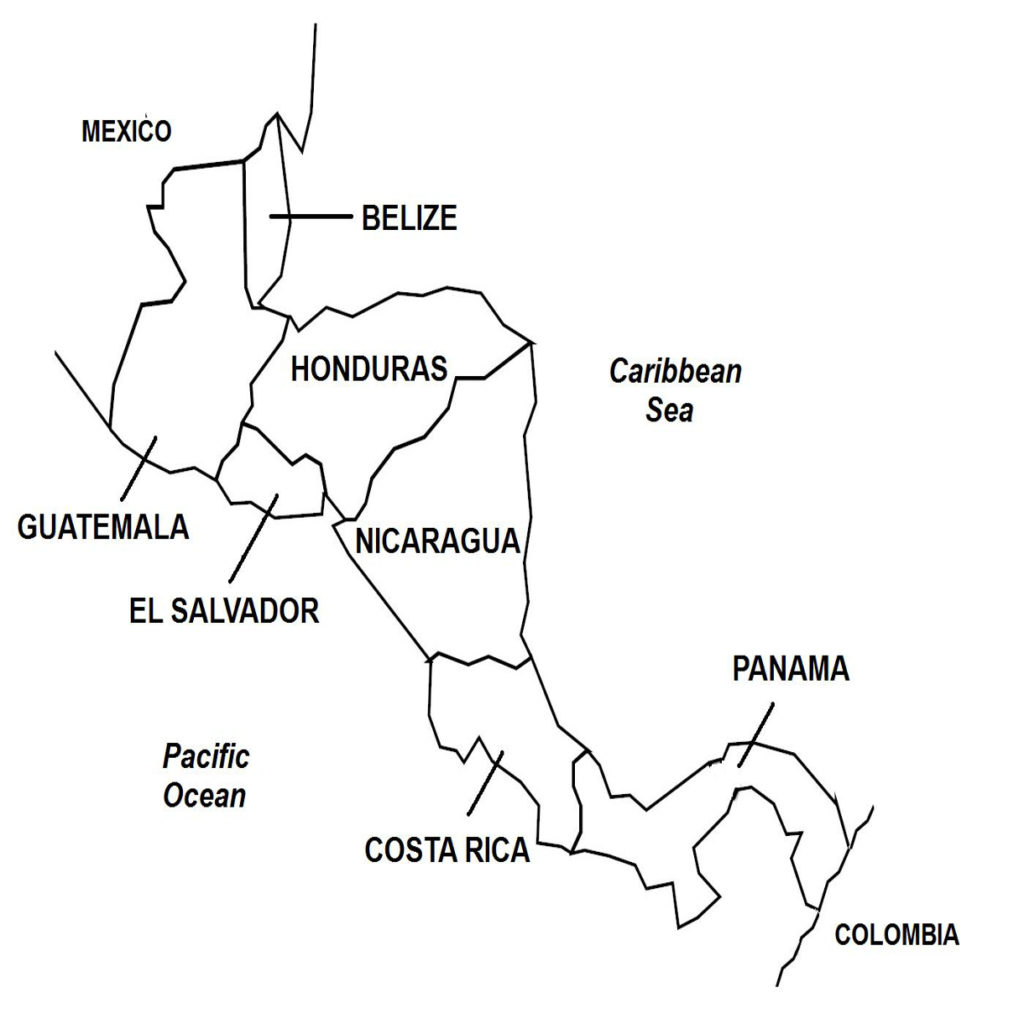On July 20, 1969, six days after the outbreak of the Football War, a ceasefire ended fighting between El Salvador and Honduras. Immediately after the war had begun, the Organization of American States (OAS) had tried to intervene with a ceasefire. El Salvador had resisted, as its forces were on the attack. But when its offensive bogged down, the Salvadoran government agreed to end hostilities on July 18, four days after the war began (thus, another name of the war is the “Hundred Hours War”). A ceasefire took effect two days later.

(Excerpts taken from Football War – Wars of the 20th Century – Volume 1)
Background By May 1969, the land reform law in Honduras was being fully implemented. Thousands of dispossessed Salvadoran families returned to El Salvador, causing a sudden surge in the Salvadoran population, and straining the country’s economic resources and the government’s capacity to provide public services. El Salvador condemned Honduras, inciting tensions and animosity on both sides. Furthermore, the press media in both sides spouted rhetoric and propaganda, which fueled nationalistic sentiments.
A hostile, charged atmosphere led up to the three football matches between El Salvador and Honduras in June 1969. The first match was played on June 8 in Tegucigalpa, Honduras’ capital, which was won 1- 0 by the host team. Aside from some fans fighting in the stands, no major security breakdown occurred during the match.
In El Salvador, however, soccer fans were enraged by the result, believing they had been cheated. The Salvadoran media described the football matches as epitomizing the “national honor”. After the defeat, a despondent Salvadoran fan died after shooting herself. Her death became a rallying cry for Salvadorans who regarded her as a martyr. Thousands of Salvadorans, including the country’s president and other top government officials, attended her funeral and joined the nation in mourning her death.
The second match was played in El Salvador on June 15, 1969, and was won 3- 0 also by the home team, thereby leveling the series at one game apiece. The tense situation during the game broke out in widespread violence across the capital, San Salvador. Street clashes led to many deaths, including those of Honduran fans. As a precaution, the Honduran football team was housed in an undisclosed location and driven to the game in armored vehicles. After the game, the Honduran team’s vehicles plying the road back to Honduras were stoned while passing through Salvadoran towns.
In Honduras, the people retaliated by attacking and looting Salvadoran shops in Tegucigalpa and other cities and towns. Armed bands of thugs roamed the countryside targeting Salvadorans – beating up and killing men, raping women, burning houses, and destroying farms. Thousands of Salvadorans fled toward the border to El Salvador. And as the prospect of war drew closer, Salvadoran and Honduran security forces guarding the border engaged in sporadic exchanges of gunfire.
The third, deciding football match was played on June 26, 1969 in Mexico City, which was won by the Salvadoran team 3 – 2 in overtime. Two days earlier, Honduras had cut diplomatic relations with El Salvador. The Salvadoran government reciprocated on June 26, accusing Honduras of committing “genocide” by killing Salvadoran immigrants. The two sides prepared for war by increasing their weapons stockpiles, which were sourced from private dealers because the United States had imposed an arms embargo.
